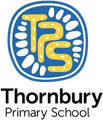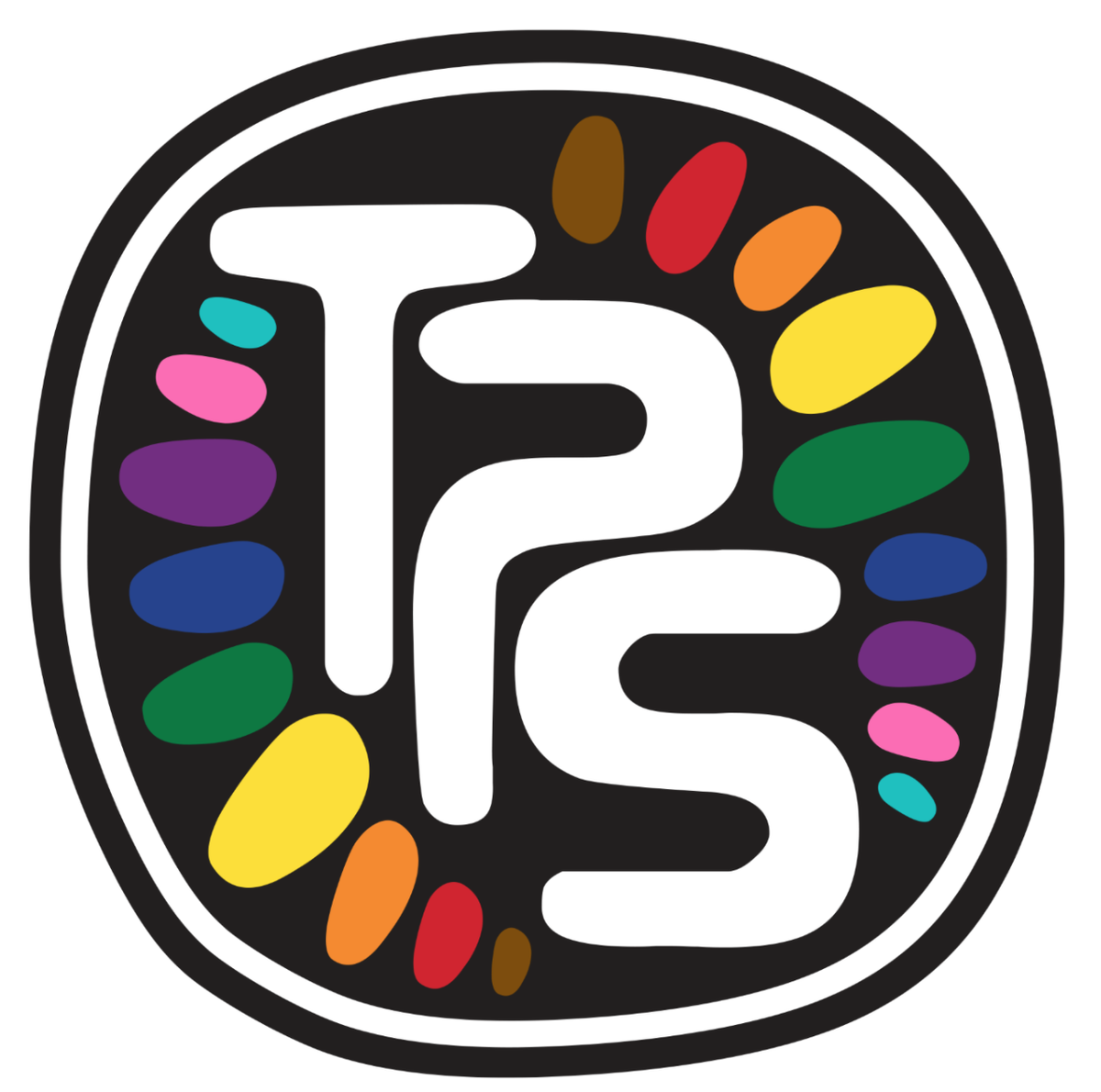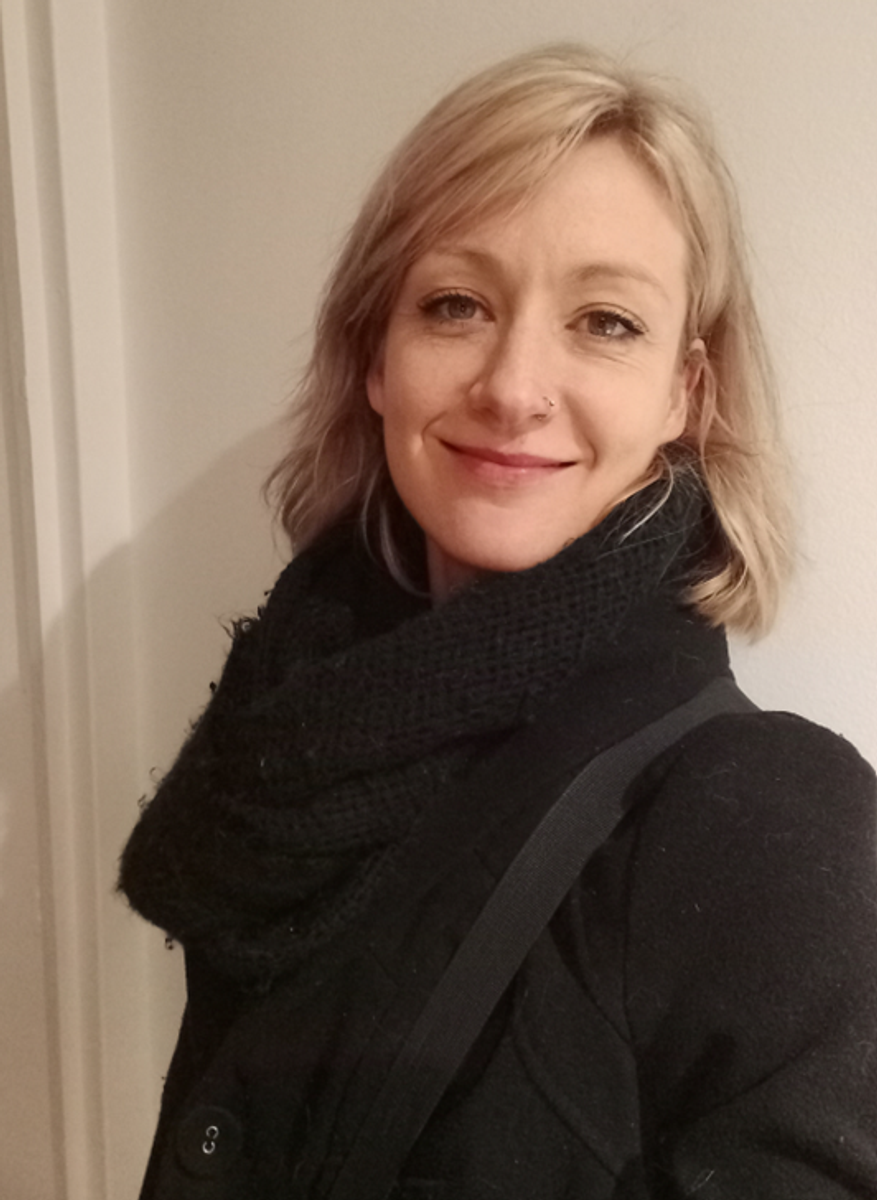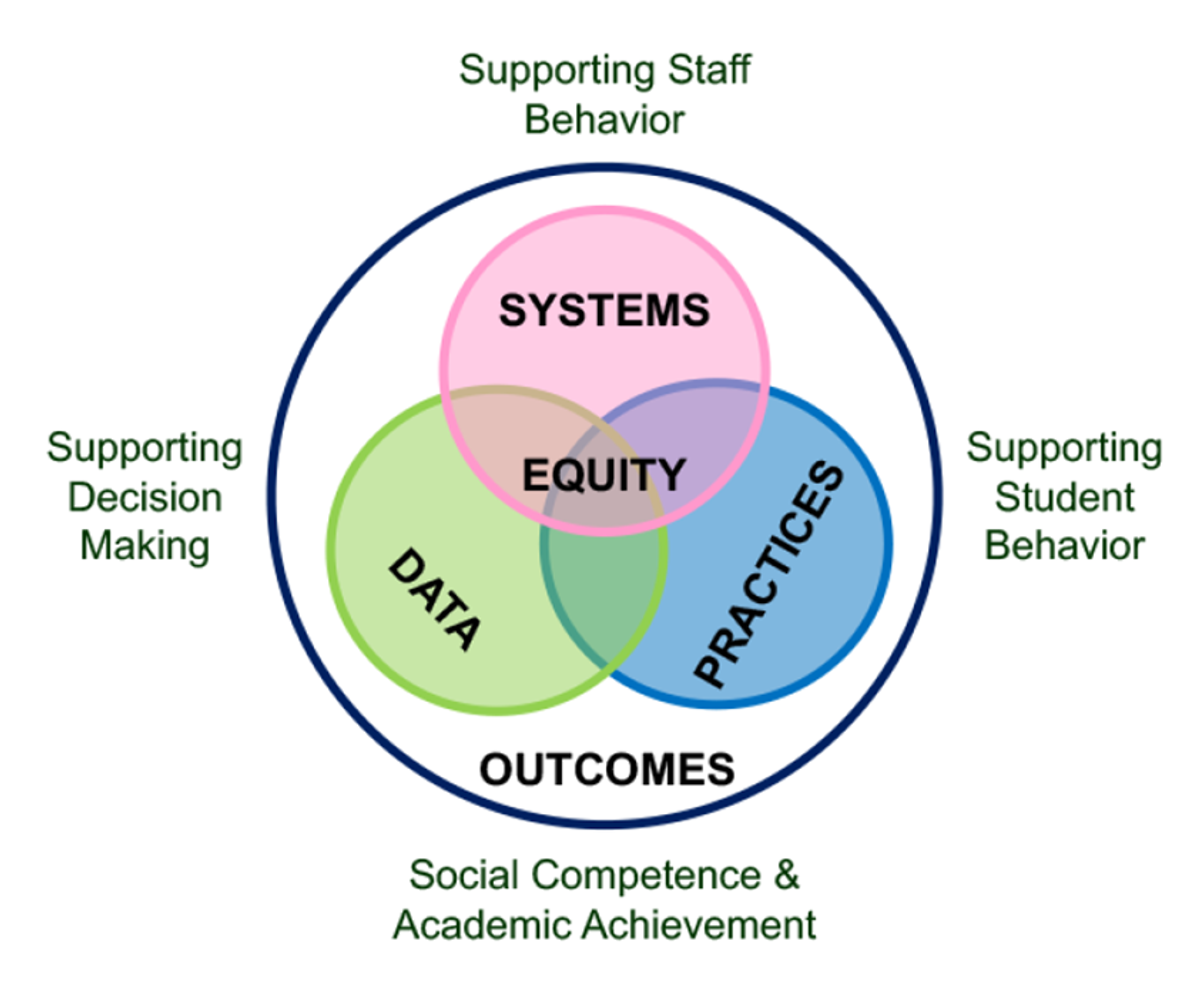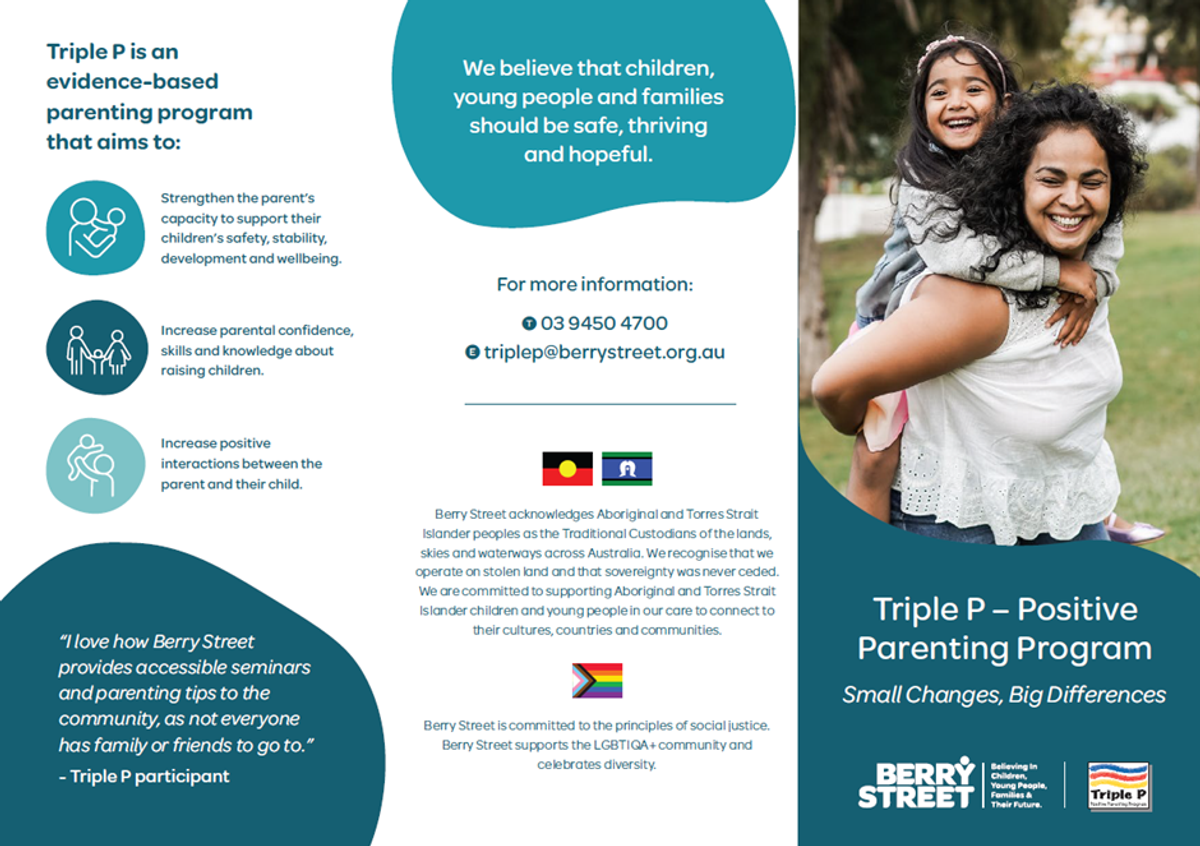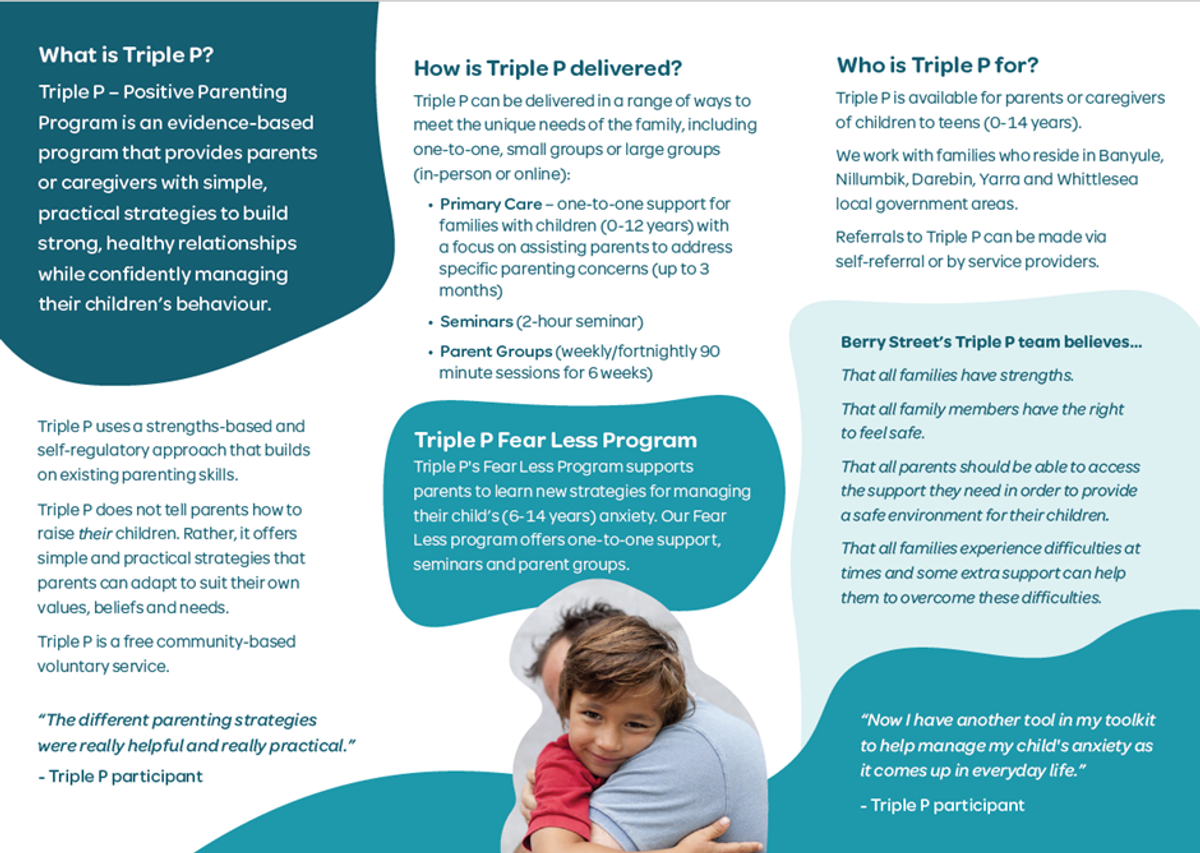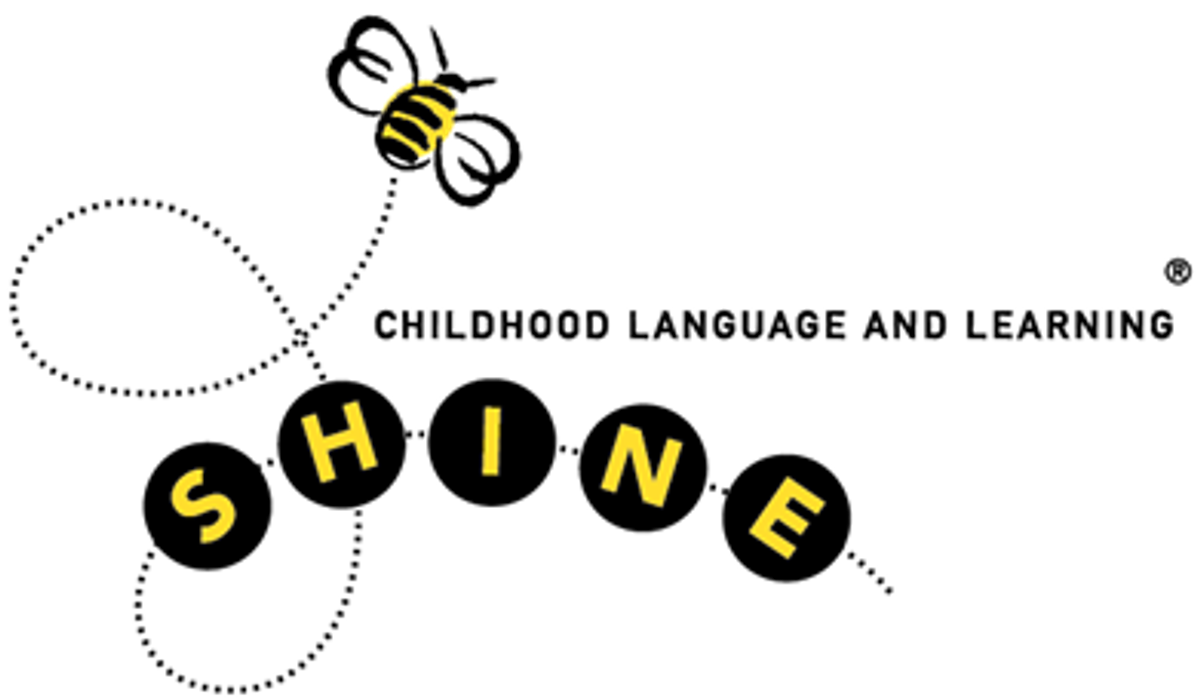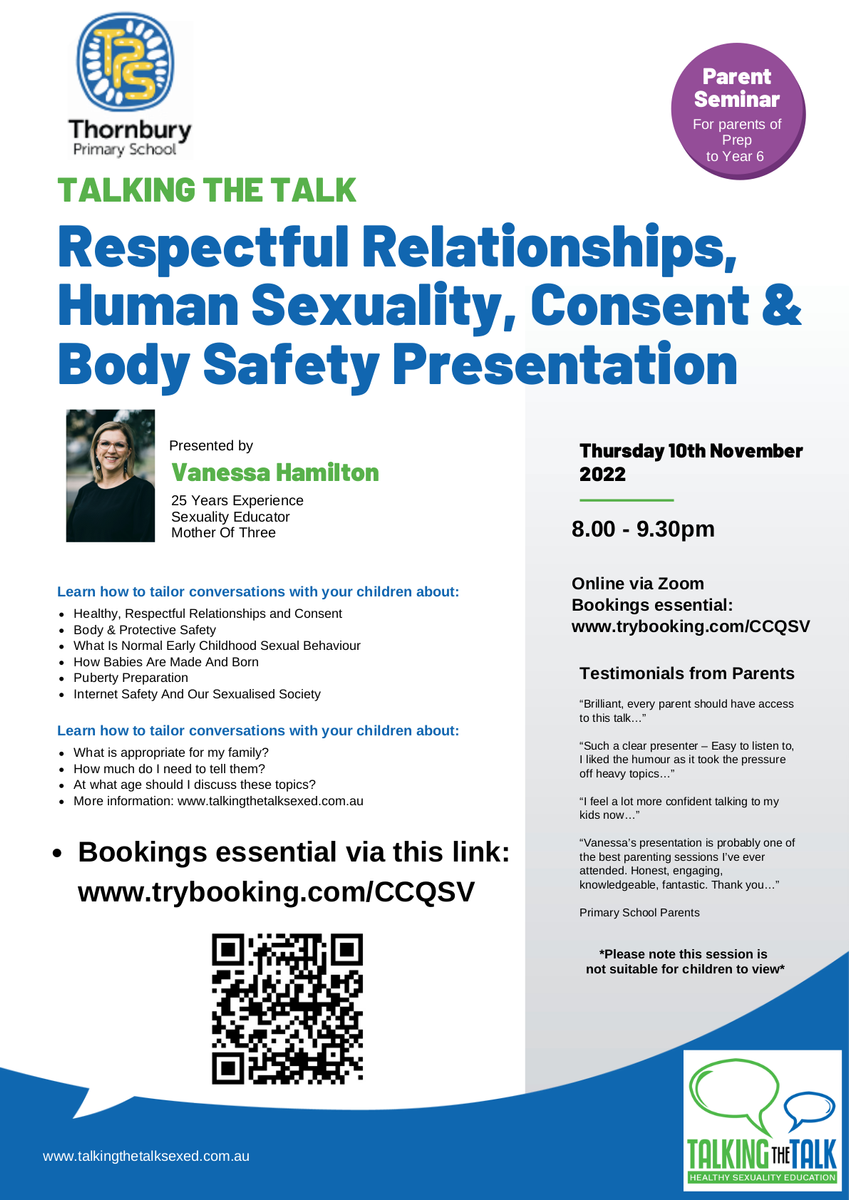Wellbeing

Wellbeing at TPS
Wellbeing Overview
At TPS a number of evidence-based programs and systems are in place to support students’ mental health, disabilities, behaviour and specific learning difficulties.
In a very basic overview of TPS wellbeing;
School Wide Positive Behaviour Supportslooks at evidence-based school wide systems and supports that work to prevent challenging behaviours, as well as teach and reinforce prosocial behaviours. There is an explicit teaching aspect of this (Deadly Values) and then there is the actions and systems taken to ensure all students access learning.
Berry St Model looks at building staff capacity in supporting students who have experienced and are experiencing trauma, using evidence-based practice.
Resilience, Rights, and Respectful Relationships is our mandated system aiming to prevent domestic violence by reducing antisocial behaviours including gender-related violence by developing students’ social, emotional, and positive relationship skills using evidence-based practice.
Mental Health in Primary Schools Pilot Program provides training and support networks between schools called Communities of Practice, where schools connect, share ideas, and learn from each other to build capacity in staff to support students’ mental health using evidence-based practice.
All these programs have different foci but overlap in areas and align with the TPS Student Engagement and Wellbeing policy and ongoing strategic plan goals in supporting student wellbeing. Please find more information below about what TPS is doing in the different areas of wellbeing.
Rachael James
Rachael is joining the TPS Wellbeing team to volunteer her skills as a support counsellor. Many schools are short of counsellors but due to Covid, children need support more than ever. She is currently finishing her (CHC51015) Diploma of Counselling, and works part time as a disability care-worker (particularly specialising in supporting people with Asperger’s Spectrum disorder, PTSD, and anxiety.) Rachael will be working under the Mental Health in Primary School Program. If you see her around, please give her a warm TPS welcome! Students who have been invited to work with Rachael have received a permission form. Please return to the office or Anna’s office.
Shine Program
SHINE (Andrew Dean Fildes) Foundation offers free allied health services through intensive intervention programs to schools and has been doing so for over 26 years. TPS has been given the opportunity for an in-school program during Term 4. It will support approximately 20 foundation children to receive about 10 hours each of assessment/intervention.
It will involve a local highly experienced Occupational Therapist (supervisor) and 4 La Trobe University students studying Occupational Therapy and be further overseen by Anna.
The students and supervisor would be onsite 3-4 days a week for approximately 5 weeks.
The areas of support opportunities for students include handwriting, gross and fine motor movement.
Classroom teachers, as well as specialists have identified which students would most benefit from occupational therapy support. The permission forms have been sent out at the end of term 3. If your child has been invited to participate, please return the signed permission form to the office or Anna’s office.
Resilience, Rights and Respectful Relationships
TPS is leading the way for North West region. We are a lead school for RRRR which means we host and lead our cluster (group of local schools) in the ongoing implementation of the RRRR curriculum and RRRR action plan. Anna has been working with our RRRR contact Rosana O’Meara in the development of and aligning of the RRRR action plan with the SWPBS action plan as there are many overlapping areas in the two programs.
Last week, Anna and Emma presented this work at the RRRR showcase day for the NEMA region, detailing all the hard work of staff and students specifically promoting the RRRR curriculum we teach, and our action plan. TPS is leading the way in the implementation of RRRR in the state.
SWPBS
Vic SWPBS can’t ‘make’ students learn or behave but Vic SWPBS can support staff to create environments to increase the likelihood student will learn and behave in a prosocial way. SWPBS is not a ‘program’ with manuals and an author – it is more of an evidence-based movement. Academics and educational practitioners are continuously evolving the approach and incorporating new learning. We estimate that more than 30,000 schools have implemented the framework globally.
SWPBS is a systems approach for establishing the social, cultural and individualised supports needed for all students to achieve both social and academic success. It is a way to support everyone to create the kinds of schools where all students are successful and included.
The purpose of SWPBS is to help staff select and identify the effective, efficient, and evidence-based things we can do to support all students to experience success. SWPBS enables staff to organise those practices into a continuum; from universal support for all students through to intensive, targeted support for those who need it.
Evidence-based features of SWPBS include:
· prevention
· defining and teaching positive social expectations
· acknowledging positive behaviour
· arranging consistent responses to challenging behaviour
· maintaining ongoing collection and use of data for decision-making
· establishing a continuum of interventions
· utilising team-based implementation (systems that support effective practices).
Action Plan and Tiered Fidelity Inventory
Anna and Emma have been working with our SWPBS coaches Daniel Ioannides and Rebekah Rentos developing the TPS SWPBS Action Plan, completing the annual Tiered Fidelity Inventory and ongoing implementation through the Universal Prevention courses. The Tiered Fidelity Inventory is a check carried out by our SWPBS coach, to see how well our staff and students understand the Deadly Values. The results of this check identified TPS strengths in operating procedures, explicitly teaching expectations, professional development, student and community involvement, and fidelity data. The main area for improvement identified was data-based decision making which was also identified in the staff survey as an area for improvement.
Staff Self-Assessment Survey
Annually staff complete a Self-Assessment Survey (SAS) on School-Wide Positive Behaviour Supports at TPS. This year the results document staff opinion is that 83% of school-wide implementation is in place, 80% of non-classroom setting systems are in place, and 79% of classroom implementation systems are in place. The priority areas that staff identified are developing and improving active supervision skills, student behaviour and support practices evaluated based on data and student movement between non-classroom spaces. These priority areas will be the focus of a staff forum and profession development day coming up.
Accreditation
This year TPS aims to apply for Bronze and Silver level accreditation in Victorian SWPBS which staff have been busy analysing behavioural data, implementing Behavioural Support Plans, and making school-wide changes to the way we use data to identify what we as a school are doing well and what we need to continue to work on. One such area is looking at the way we collect data.
The data team has been working with the Wellbeing team to set up Compass Pulse as a system to organise and analyse behavioural data as well as academic data. This is ongoing work and as a whole staff, we are embodying the deadly values of working together and perseverance in this learning and set up phase.
Community Feedback
As we move towards the Bronze and Silver accreditation, community feedback is essential. Thank you to all those who participated in the community survey. Much of this newsletter wellbeing article is in response to the community survey.
Supporting students with a disability
The evidence-base of SWPBS’s inclusivity of those with an intellectual disability and or are neuro-diverse, is heavily researched in meta-analysis and documented for the Australian context in “School-Wide Positive Behaviour Support, The Australian Handbook”, edited by Katrina Barker, Shiralee Poed and Phillip Whitefield, and in “What really works in Special and Inclusive Education, Using evidence-based teaching strategies”, by David Mitchell. Another site that has much information is Positive Behavioural Interventions and Supports for positive proactive approaches to supporting children with disabilities. (https://www.pbis.org/current/positive-proactive-approaches-to-supporting-children-with-disabilities)
Mental Health in Primary Schools Pilot Program
The Royal Commission into Victoria’s Mental Health System highlighted that primary schools provide opportunities to identify children with mental health and wellbeing challenges, who can then be referred for treatment, care, and support. The department has expanded the Mental Health in Primary Schools Pilot Program in recognition of the important role schools play in supporting the mental health and wellbeing of children and young people.
The Mental Health in Primary Schools Program provides funding to employ a mental health and wellbeing leader (MHWL) in every government. The Program will be implemented across Victoria over a staged rollout between 2023 to 2026.
CASEA
Thankyou to all families who returned the expression of interest in the CASEA program. Families who have been invited to participate have been contacted. This program will run term 4, 2022.
SBS Showcase
Thankyou to all the staff and students who were involved in making this news segment a success. SBS only keeps the video up on the website for 6 days, so this is no longer accessible. The podcast will stay accessible for quite a while.
Resource information and programs
The wellbeing of children and young people is supported when teachers, parents and carers have improved knowledge and skills in knowing how to recognise, respond to and support them when they experience mental health concerns. It is this partnership between the school and the family that is essential in ensuring children and young people can make the most of their educational opportunities.
Parents and carers also have a duty of care to inform the school if they have concerns for their child or if circumstances at school are affecting their child’s mental health. To assist with this, SAFEMinds: At Home was developed for parents and carers to provide them with a variety of information and resources that will assist them to identify, inquire and take appropriate action to reach out for support if they are concerned about their child.
SAFEMinds also encourages schools to engage, communicate and assist their parent and carer community to understand their role in supporting their child’s mental health and wellbeing; and connect them with their school and local community resources when needed.
Through a preventative model of mental health support, Minus18 tackles social isolation by creating fun-filled spaces where LGBTIQIA+ young people belong and are celebrated. Minus18 are leading change, building social inclusion and advocating for an Australia where all young people are safe, empowered and surrounded by people that support them.
Be You - Growing a mentally healthy community
Be You is the national mental health in education initiative delivered by Beyond Blue, in collaboration with Early Childhood Australia and headspace. Be You supports early learning services and schools to develop a positive, inclusive and resilient learning community where every child, young person, educator and family can achieve their best possible mental health.
Be You has a great library of fact sheets on a variety of topics, such as Social and Emotional Learning, wellbeing, relationships, grief, trauma, mental health issues and development.
The Australian Indigenous Health Info Net has information and resources specific to Indigenous Australian social and emotional wellbeing.
A not-for-profit network of people and organisations committed to developing individual and community wellbeing, especially in education.
Black Dog Institute – Wellbeing
Information and resources on how to achieve and maintain a state of wellbeing.
Black Dog Institute – Workplace wellbeing
Information on what a healthy work/life balance looks like and how to establish this.
Headspace – Tips to keep good mental health
Headspace provides support for young people aged 12 -25. This link provides tips and advice on strategies you can implement to maintain good mental health.
MensLine is an online counselling and telephone service for all men in Australia looking for support with their wellbeing.
Life is a telephone and web chat service for members of the LGBTI community across Australia, available from 3pm – midnight every day.
Downloadable free resources to help you meaningfully connect with people around you and support anyone struggling with life.
Wellbeing Supports for Students
The BRAVE Program is an interactive, online program for the prevention and treatment of childhood and adolescent anxiety. The programs are free, and provide ways for children and teenagers to better cope with their worries. There are also programs for parents.
Smiling Mind is a free app designed by psychologists to support you in adopting a mindfulness practice. There are programs for stress, sleep, attention and concentration, and wellbeing among other topics.
Headspace provides support for young people aged 12-25. It is available Australia wide and has a variety of in person and online resources for free.
Supporting eating disorders and body image issues.
Free parent and carer webinars
I CAN Network is Australia’s largest provider of Autistic-led group mentoring programs, training and consultancy. There are school and online mentoring programs empower 8-22-year-old young people with an ‘I CAN’ attitude.
Amaze (For Autists, families and friends of people with Autism Spectrum Disorder)
Supporting young autistic people with healthy online video gaming
Wednesday 23rd November, 1-2pm, online
Run by gaming expert Andrew Kinch from GameAware, this webinar will introduce parents and carers of Autistic children to the concepts of healthy gaming and gaming behaviour.
This webinar will cover:
· Introduction to gaming genres
· Understanding gaming motivation
· Parents as teammates not opponents
· Tips for managing transitions
· Gaming as a hobby not a habit
Helping My Child to Cope with Change
Online, free (https://www.amaze.org.au/news-and-events/events/)
· Identify why change is challenging, and how it impacts on the behaviour of young children.
· Learn strategies to prepare your child for the changes of everyday life.
· Be prepared for changes within the family structure such as moving house, going to childcare and celebrations such as Christmas and birthdays.
· For parents, grandparents, foster parents, legal guardians, aunts and uncles and kinship carers only.
My Child and Autism
Online, free (https://www.amaze.org.au/news-and-events/events/)
· Understand what autism is, and what it means for your child and your family
· Understand early intervention services and supports for your family
· Develop practical strategies that can make a difference to your child’s development
Understanding Behavior
Online, free (https://www.amaze.org.au/news-and-events/events/)
· Understand why your child has certain behaviours
· Develop strategies for reducing behaviours of concern
· Plan for success
· Support your child
SPELD Victoria (Support for Specific Learning Difficulties)
Accommodations for Students with Dyslexia
8th November, 6.30-9pm, online, $$
Talk for Writing
10-11th November, 2 day course, 9-4pm, 673 Bourke St, $$$
Dyslexia and an additional Language
19th November, 1.30-4pm, 673 Bourke St, $$
Managing Stress for Children with Specific Learning Difficulties
24th November, 6.30-9pm, online, $$
Parenting Supports - Triple P Parenting Programs
Short Term Parenting Support
Berry Street offer ‘Primary Care’, providing families with children aged 0-12 with one to one evidence based parenting support in relation to specific concerns that they may be having, like screentime, mealtimes, being bullied etc.
Supporting Children with Anxiety
We know that many children are experiencing anxiety at the moment. Individual and group evidence based parenting support is available to help parents/carers support their children (aged 6-14) around anxiety (Fear-Less Triple P). This can be particularly helpful whilst on the waitlist for psychological services.
Financial Support
These Triple P supports come with packs of relevant supplies to support costs for the families, eg. books, games, toys. In addition, there are also grant applications that can be submitted to help with parenting.
SHINE January Intensive Multidisciplinary Program
The SHINE January Intensive Multidisciplinary Program is a renowned intervention program run for 26 years by the Andrew Dean Fildes Foundation (SHINE). It is free for families and funded through philanthropy. It attracts health professionals, educators, and families from across Victoria, including regional areas.
SHINE employs highly qualified and experienced professionals from a variety of disciplines including speech pathology, occupational therapy, psychology, and art therapies (art, dance, drama, music) who use evidenced-based practices and work together to support children. Children are involved in fun and engaging activities that target their learning/intervention goals. The SHINE staff work with university students studying health degrees to assist in program delivery.
In 2023, the January SHINE Program will be delivered at St Kilda Primary School in St Kilda Monday-Friday over 2 weeks, between the 9th - 20th of January. Successful applicants will be invited to attend for one full week (Monday-Friday) 9am-3pm each day (expect the last Friday when the program finishes at 1pm).
In order to be eligible to attend a program, a child must:
- Be of school age and have an appropriate assessment, diagnosis, or known goals that can be worked upon during the program
- Have an IQ in the normal range (70 or above)
- Have hearing and vision within the normal range (or have glasses or hearing aids that allow this)
- Not have a major physical impairment
- Not have a major mental health or behaviour problem
Note: Priority will be given to vulnerable families and children experiencing disadvantage in relation to their diagnosis and social/economic/family situation
Below are some of the programs offered at the upcoming January program. Please contact Anna if you wish to put forward your child, for the Expression of Interest Form. More information at the SHINE website: www.shine.org.au and funding partner https://www.variety.org.au/vic/variety-shine-program/
Program types offered at the SHINE January Intensive Multidisciplinary Program
1. Sensory/self-regulation program using Drama Therapy
2. Social skills program using Drama Therapy
3. Lego therapy program – supporting conversation and social skills
4. Narrative program – supporting the telling of stories to support grammar/reading/writing
5. Writing program – supporting handwriting
6. Play therapy program
Sensory/self-regulation program using Drama Therapy
Run by a Drama Therapist, the sensory and self-regulation group program will support the development of a child’s ability to understand and manage their behaviours and reactions. Using evidence-based practices the program will incorporate elements of art, dance and music to increase engagement and participation of children. Self-regulation skills will support a child’s ability to develop impulse control, regulate reactions to strong emotions and focus on tasks.
Social Skills using Drama Therapy
Run by a drama therapist, the social skills group program will incorporate art, dance and music to support the development of interactions at school. Over the course of a week, children will participate in a range of creative activities, role plays and reflective practices with the aim of exploring and developing social skills whilst in a supportive environment. Topics such as team-building, listening, anger and/or anxiety management, overcoming challenges, resilience and self-reflection will likely be addressed through creative and imaginative processes over the course of the week.
Lego Therapy Program
LEGO Therapy is a naturalistic, play-based social skills program that uses Lego as its main activity. It is designed to improve school-age children’s (ages 7;0 to 14;0 years) social competence (LeGoff, 2004; LeGoff & Sherman, 2006). This intervention approach targets a variety of aspects of social interaction, including joint attention, turn taking, initiating and maintaining conversation, conflict resolution/problem solving, asking for assistance, friendship building, teamwork/collaboration, and functional use of language for social purposes. LEGO Therapy considers a child’s natural interests, using interactive LEGO play to motivate learning and change behaviour. This approach to intervention has shown statistically significant improvements in children’s language development, verbal and non-verbal communication, for children with conversational skills problems and those with High Functioning Autism Spectrum Disorders. The students are matched for age and usually participate in a group of 3. The program will be supported and run by a speech-language therapist.
Narrative Program
The Narrative program is aimed at assisting children who need help to tell stories (or write stories) at school. Narrative work is useful for children learning to sequence, learning the parts of telling a story, and
learning to tell a fully developed story. The work in the narrative program can entail listening to stories and answering questions or retelling a story or developing your own stories. This is a critical skill in school. Some of the programs we use include: Story Building, Story Grammar Therapy, Story Champs, SKILLS Program (Supporting Knowledge in Language and Literacy). This program is offered by a Speech-Language therapist.
Writing Program
Delivered by an occupational therapist, the program is aimed at helping children who have difficulty with handwriting. Each child’s program is set up individually. The goals will vary for each child. Some of the goals might be to; increase fine motor skills, holding the pencil properly, writing letters and words neatly, using appropriate spacing, generating good ideas to write about, organising your ideas, selecting the best words to use, using a range of grammatical structures and use of sentence fluency, and use of writing conventions (caps vs small, punctuation, & proper spelling). These programs may also work on text types like recounts, information reports, exposition, explanation, description, procedure, discussion, response, or narrative writing. These programs may also entail the use of keyboarding, use of computers, and alternative writing programs for using speech to text for writing.
Play Therapy Program
The play therapy program will be run by a play therapist and supported by Occupational Therapy input. It will draw upon the evidence-based extensive research work by Karen Stegnetti to develop spontaneous pretend/imaginative play in children which will foster a child’s ability to play independently and with peers. Pretend play promotes language and social development and the emotional integration of a child’s experiences.
Human Sexuality, Body Safety and Consent Education at TPS
This term TPS is excited to be rolling out a whole school approach to human sexuality, body safety and consent education.
Parents and carers are invited to learn how to support these conversations at home through Vanessa Hamilton’s Respectful Relationships, Human Sexuality, Consent & Body Safety Presentation on Thursday 10 November 2022 8:00 PM - 9:30 PM. This free sessions comes highly recommended and bookings are essential: www.trybooking.com/CCQSV
Students’ lessons, starting the week of Monday, Nov. 14, will be delivered via an online platform created by Vanessa Hamilton. These sessions all centre on factual, age appropriate content, and involve a mix of pre-recorded explanations from Vanessa Hamilton as well as scripted classroom conversations facilitated by teachers.
Further information will be released closer to the lessons, but if you have any questions in the meantime please feel free to contact Rylee Curran at the TPS front office or via rylee.curran@education.vic.gov.au. (Please note that Rylee works Tuesday, Wednesday and Thursday.)
Human Sexuality, Body Safety and Consent Education at TPS
This term TPS is excited to be rolling out a whole school approach to human sexuality, body safety and consent education.
Parents and carers are invited to learn how to support these conversations at home through Vanessa Hamilton’s Respectful Relationships, Human Sexuality, Consent & Body Safety Presentation on Thursday 10 November 2022 8:00 PM - 9:30 PM. This free sessions comes highly recommended and bookings are essential: www.trybooking.com/CCQSV
Students’ lessons, starting the week of Monday, Nov. 14, will be delivered via an online platform created by Vanessa Hamilton. These sessions all centre on factual, age appropriate content, and involve a mix of pre-recorded explanations from Vanessa Hamilton as well as scripted classroom conversations facilitated by teachers.
Further information will be released closer to the lessons, but if you have any questions in the meantime please feel free to contact Rylee Curran at the TPS front office or via rylee.curran@education.vic.gov.au. (Please note that Rylee works Tuesday, Wednesday and Thursday.)
